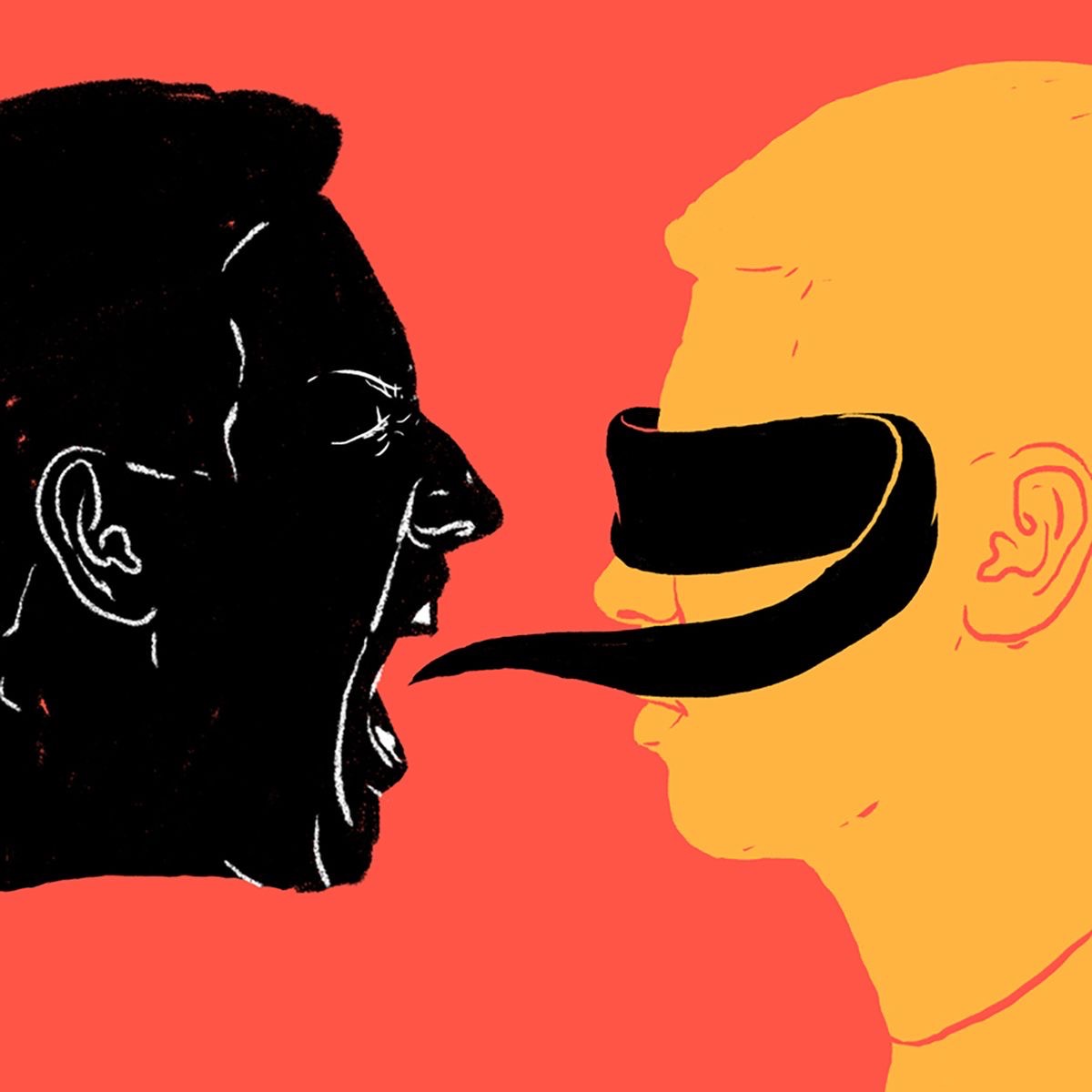
When Truth Becomes Casualty: Disinformation, Elections and Human Rights
In an Era defined by the rapid dissemination of information through digital platforms, the integrity of democratic processes faces unprecedented challenges. Disinformation—deliberately false or misleading information spread with the intent to deceive—has emerged as a Significant threat to the foundations of democracy. This phenomenon not only undermines informed decision-making but also erodes public trust in institutions, exacerbates societal divisions, and jeopardises the very essence of democratic engagement.
The United Nations has repeatedly emphasized the severity of this threat. As UN Secretary-General António Guterres stated in a recent address, “Disinformation is not just a nuisance—it is a threat to the very fabric of democracy, eroding trust in institutions and dividing societies.” This call to action reflects a growing international consensus that coordinated efforts are required to combat misleading narratives that threaten civic life.
The proliferation of disinformation is not a new phenomenon, but the rise of social media and advanced digital technologies has amplified its reach exponentially. False narratives now have the potential to spread globally within hours, influencing public opinion, shaping electoral outcomes, and inflaming social tensions. The United Nations has highlighted that without adequate regulation, digital platforms often serve as conduits for such dangerous content.
Governments have been urged to take decisive measures. “States must ensure that the digital space does not become a battleground for lies,” said Ambassador Klaus Scharioth, Permanent Representative of Germany to the United Nations, during a recent General Assembly session. Such statements underscore the Urgency of implementing policies that protect citizens’ access to accurate information while respecting freedom of expression.
Media and Information Literacy (MIL) emerges as a critical tool in this context. By equipping individuals with the skills to critically assess information, discern credible sources, and understand the mechanisms of information dissemination, MIL empowers citizens to navigate a complex media environment responsibly. UNESCO, the United Nations Educational, Scientific and Cultural Organization, has championed global initiatives that integrate MIL into educational systems and community programs, emphasizing critical thinking as essential to democratic resilience.
The United Nations Development Programme (UNDP) has similarly recognized the importance of MIL in promoting democratic governance and human rights. UNDP has supported initiatives that enhance citizens’ ability to engage critically with information, resist manipulation, and participate meaningfully in civic life. As UNDP Administrator Achim Steiner noted, “An informed citizen is the cornerstone of a functioning democracy; without media literacy, disinformation will continue to flourish unchecked.”
Youth engagement is particularly vital. Young people are among the most active users of digital platforms and simultaneously among the most susceptible to disinformation. UNESCO’s youth-focused programs aim to Empower young individuals to counter false narratives, promote factual dialogue, and take leadership roles in their communities. “Youth must become defenders of truth in the digital age,” declared Dr. Audrey Azoulay, Director-General of UNESCO, during a recent press conference.
The societal implications of Unchecked disinformation extend far beyond politics. Misleading narratives can exacerbate discrimination, inflame conflicts, and marginalise vulnerable populations. The United Nations has warned that disinformation undermines social cohesion and threatens human rights. “Disinformation is a threat not just to democracy but to social harmony itself,” said António Guterres in his address to the General Assembly.
Digital platforms themselves must also assume responsibility. The United Nations has encouraged these companies to implement transparency measures, improve content verification mechanisms, and collaborate with Civil society to curb the spread of false information. Without these interventions, platforms risk becoming accelerators of social instability rather than spaces for public discourse.
Civil society organisations complement governmental and international efforts by raising awareness, providing education, and organising grassroots campaigns. NGOs, educational institutions, and community groups work alongside UNESCO and UNDP to disseminate MIL resources and practical tools, fostering critical thinking among citizens and enabling them to resist disinformation campaigns.
Public awareness campaigns have proven effective in many regions. UNDP has supported initiatives that educate the public on identifying false information, encouraging a culture of verification, and fostering civic responsibility. Such campaigns demonstrate that informed citizens are an Essential line of defense against the Erosion of democracy.
International cooperation remains indispensable. The United Nations has emphasized cross-border collaboration among states, tech companies, and civil society actors to establish standards, share best practices, and coordinate responses to disinformation. As Ambassador Bob Rae, Permanent Representative of Canada to the United Nations, remarked “No country can fight this challenge alone; global solidarity is essential.”
Education remains a long-term solution. Integrating MIL into school curricula equips students with lifelong skills to discern truth from falsehood, strengthening democratic resilience. UNESCO emphasizes that comprehensive educational strategies are essential to nurturing a generation capable of critical engagement and informed decision-making.
Youth-led initiatives underscore the power of engagement. In Lebanon, a youth-led campaign facilitated by UNDP effectively countered false narratives during national elections, highlighting the tangible benefits of empowering young citizens. “When youth are informed, they become powerful agents of change,” stated Mr. Fadi Al-Khazen, a local program coordinator in collaboration with UNDP.
Ultimately, combating disinformation is a collective responsibility. Governments, international organizations, civil society, educators, and youth must collaborate to ensure transparency, truth, and accountability. UNESCO, UNDP, and the United Nations emphasize that fostering MIL, civic engagement, and critical thinking is not a temporary measure but a fundamental investment in the health and sustainability of democratic societies. As António Guterres affirmed, “The future of democracy depends on our ability to ensure that citizens are informed, critical, and empowered to resist manipulation.”
Post a comment